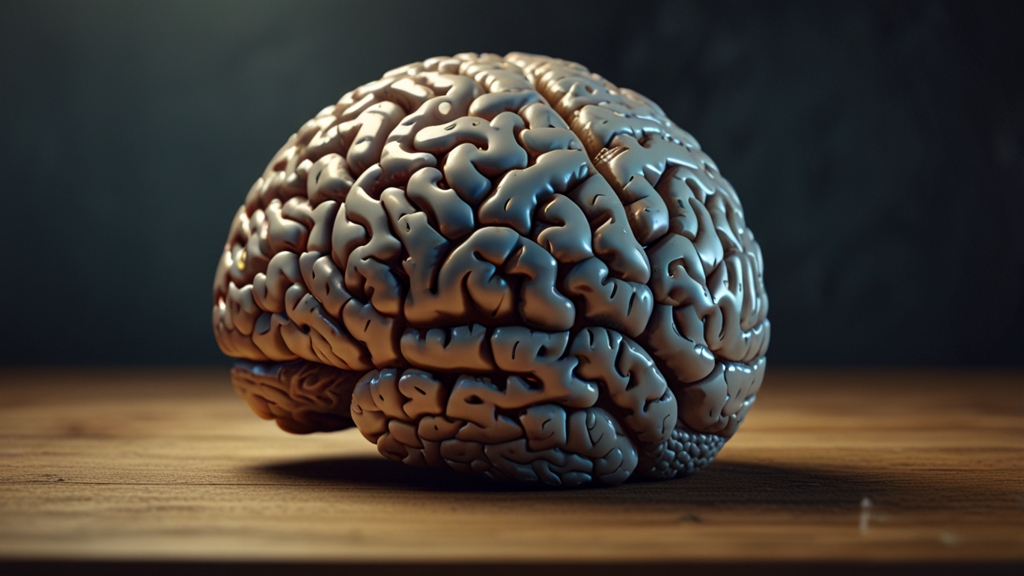Prepare for Brain Games: The Most Challenging Riddles Yet
In a world where the mind is constantly stimulated by screens and social media, it's important to take a step back and engage in activities that truly challenge our cognitive abilities. Brain games, especially riddles, offer an excellent way to keep the mind sharp and agile. As we prepare for another round of mental gymnastics, let's delve into some of the most challenging riddles yet.
The Importance of Riddles for Cognitive Health
Riddles are more than just a pastime; they're a form of exercise for the brain. Solving riddles can improve critical thinking, enhance problem-solving skills, and boost memory. They require abstract thinking and the ability to see patterns where others might not. This makes riddles a superb way to keep our minds in top shape.
"The mind is not a vessel to be filled, but a fire to be kindled." – Plutarch
As Plutarch wisely observed, our minds thrive on challenges that spark creativity and innovation. Riddles do just that by pushing us to think outside the box. Before diving into some of the most challenging riddles, it's essential to understand the different types and what makes them tricky.
Types of Riddles
Riddles can generally be categorized into three types: enigmas, conundrums, and visual riddles.
- Enigmas: These are problems expressed in metaphorical or allegorical language. The solver must think through the symbolism to arrive at the answer.
- Conundrums: These are often humorous and rely on puns or wordplay. The challenge lies in interpreting the language quirks correctly.
- Visual Riddles: These riddles require the solver to look beyond the obvious and interpret visual patterns or images.
Understanding these types can help you approach each riddle with the right mentality and strategy.
Get Ready to Test Your Wits
Here are some of the most challenging riddles that will test even the sharpest minds:
Riddle 1: The Sphinx's Enigma
"I speak without a mouth and hear without ears. I have no body, but I come alive with wind. What am I?"
Hint: Think about the elements and how they interact with natural phenomena.
Riddle 2: The Architect's Puzzle
"I am taken from a mine, and shut up in a wooden case, from which I am never released, yet I am used by almost every person. What am I?"
Hint: Consider common objects that fit this description.
Riddle 3: The Timeless Paradox
"The more you take, the more you leave behind. What am I?"
Hint: This isn't necessarily a tangible item, but something you can 'leave' by moving.
"It's not that I'm so smart, it's just that I stay with problems longer." – Albert Einstein
Einstein's insight applies beautifully to solving riddles. Persistence and patience are key. Don't be discouraged if the answers don’t come to you immediately. Instead, enjoy the process of stretching your limbs.
Why You Should Incorporate Riddles Into Your Life
Beyond the immediate challenge, riddles offer long-term benefits. They keep your brain engaged in a fun yet intellectually stimulating way, making you better equipped to handle real-life complexities. Here are a few reasons why you should make riddles a regular part of your routine:
- Improved Memory: Engaging regularly in brain games helps improve both short-term and long-term memory.
- Better Concentration: The focused thinking required to solve riddles can enhance your overall concentration abilities.
- Mental Agility: Like a muscle, your brain becomes more flexible and agile the more you challenge it.
Conclusion
As you prepare to immerse yourself in these brain games, remember that the journey is just as important as the destination. Each riddle you encounter is an opportunity to grow and expand your mental horizons. So gather your friends and family, sharpen your wits, and dive deep into the world of riddles. The most challenging brain games await you!












